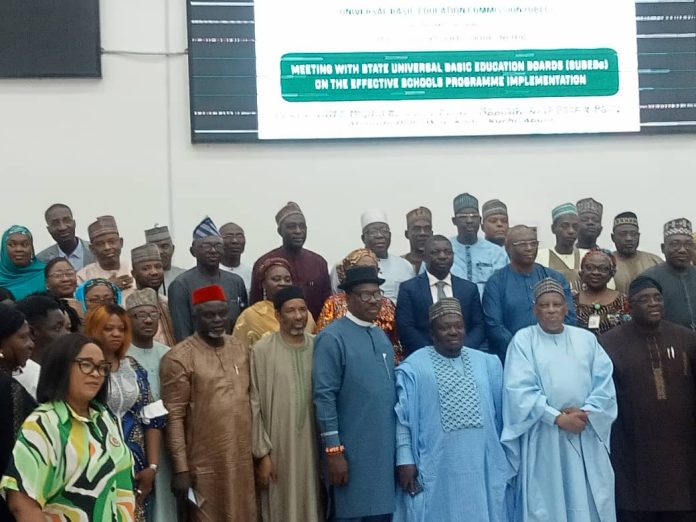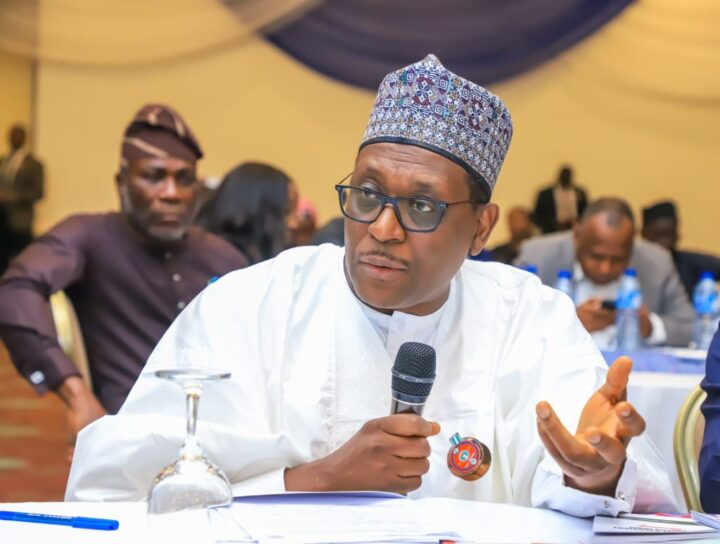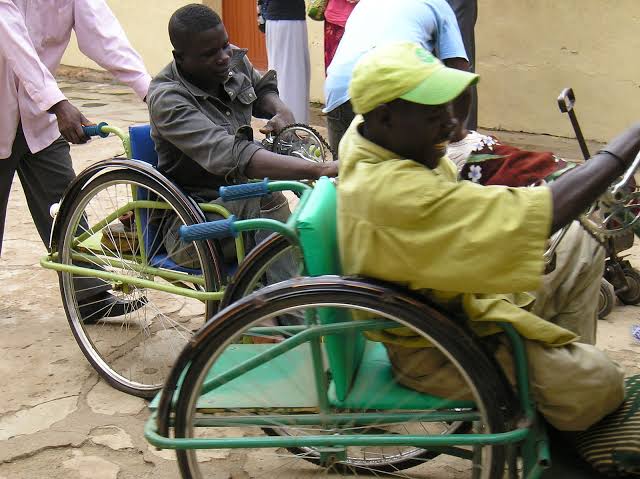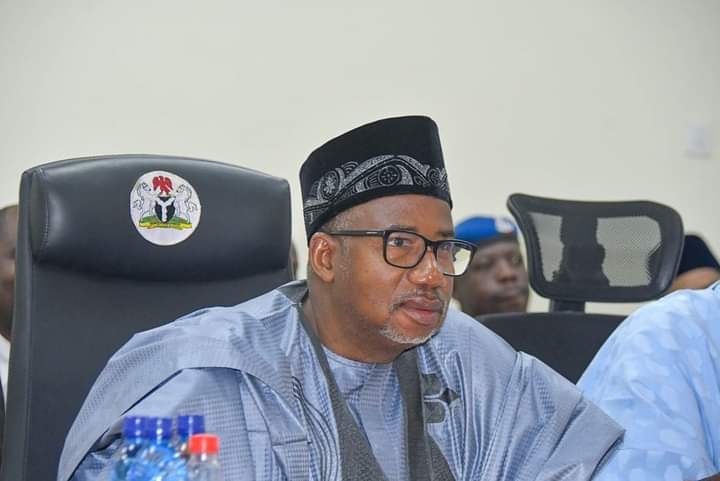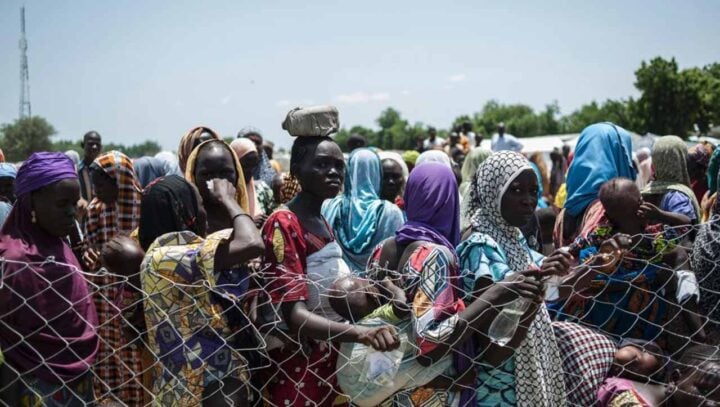The Universal Basic Education Commission (UBEC) has tasked the chairpersons of the State Universal Basic Education Board (SUBEB) to accelerate the implementation of effective school programmes (ESP).
Hamid Bobboyi, the executive secretary of the commission, spoke in Abuja on Monday at the UBEC-SUBEB meeting on effective school programmes.
He said the ESP would lead to investment in improved learning conditions and processes to produce basic education graduates with effective life skills.
Bobboyi said the ESP is a framework that seeks collective action at national and state levels in enforcing minimum standards for basic education delivery.
Advertisement
He said equipping students with skills would enable them to participate and compete favourably in the 21st-century knowledge economy.
“We have considered the prime importance of investing in improving key aspects of UBE delivery for better outcomes,” Bobboyi said.
“This resolve prompted our drive towards reinventing the mechanisms for improved inputs and processes in implementing UBE activities, as this would be the safe guarantee of improved outcomes.”
Advertisement
Bobboyi said the commission desires to support SUBEBs towards implementing the minimum standards in all the schools previously designated as UBEC e-learning centres under the ESP.
He added that the distribution of instructional materials, installation of a satellite-based education system, and training of teachers in effective schools would follow immediately.
“Additional improvements will be made in the schools to meet the minimum standards in basic education,” the UBEC executive secretary said.
“Through this effort, we will create centres of excellence as we improve the inputs and processes deployed for teaching and learning in the schools.”
Advertisement
Shehu Adaramaja, the dean of SUBEB chairpersons, said the transformation of the e-learning programme into ESP would help improve the education outcomes of Nigerian students.
He said the full implementation of smart education would move Nigeria from second to first in terms of literacy level in Africa.
Add a comment

